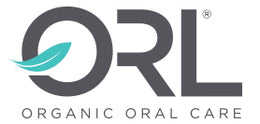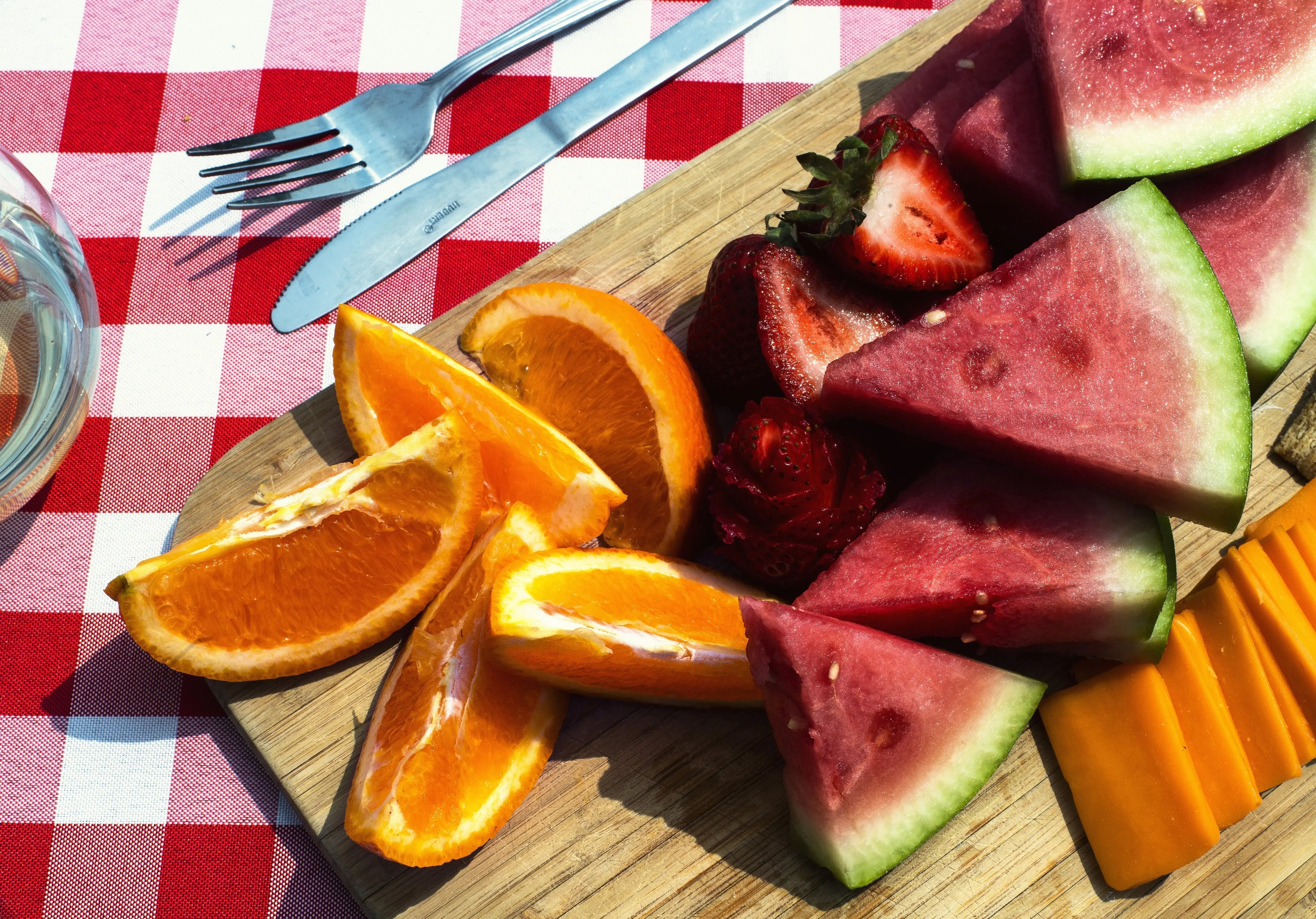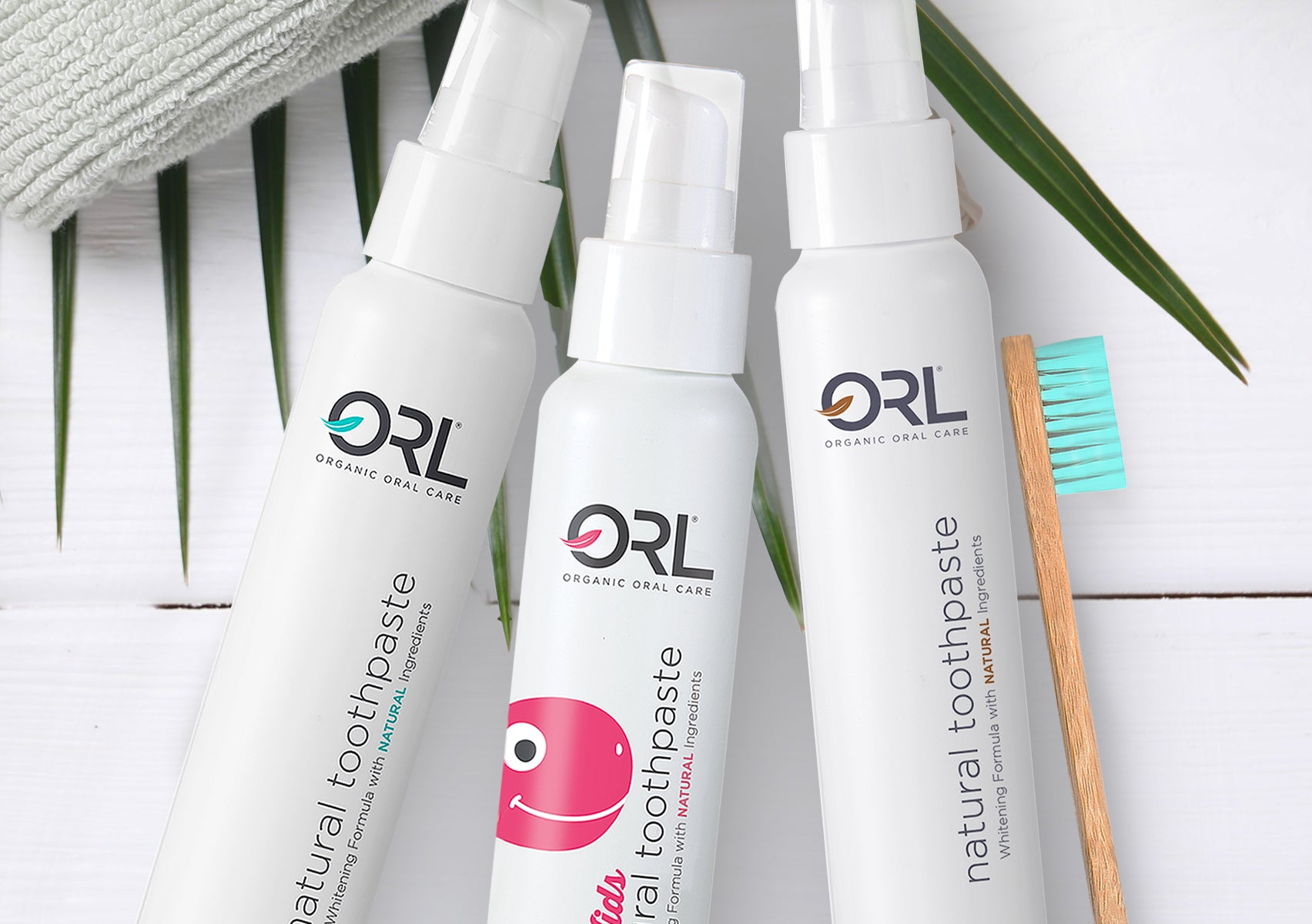Your whole world probably changed when you were diagnosed with diabetes. Chances are, you were sent away with lists of things you needed to change in order to live a healthy and full life. Even more rules come into play when a diagnosis of diabetic neuropathy is made. This is all for a good reason; the consequences of overlooking virtually any aspect of care can have catastrophic consequences. In terms of oral health, it can mean the difference between having a healthy smile for life and losing all your teeth too.
The good news is, we’re not going to give you another list of things you need to change. Instead, we’re going to show you how doing something you already do—brushing your teeth—can support your oral health even more than it already does.
1. Neutralize Your pH
A healthy mouth is balanced. If it’s below a 7.0 pH, it’s acidic, and if it’s above a 7.0 pH, it’s a base. Research shows that going too much in either direction can spell out trouble for your oral health. Those with a higher pH usually have early stage gum disease and those with a lower pH typically have advanced gum disease. Plus, teeth demineralize in an acidic environment, which makes them more susceptible to decay and sensitivity. However, they naturally remineralize when balance is restored, so they’re stronger and less susceptible to damaging acid attacks. Unfortunately, many oral health care products have a low pH, meaning they’re acidic. Using them can contribute to the very issues you’re trying to prevent.
How to Achieve a 7.0 pH
Baking soda is one time-tested way of neutralizing acids, but you can also help rebalance your oral ecosystem by choosing oral care products that have a 7.0 pH.
2. Get Xylitol into Your Routine
Xylitol is often a favorite for diabetics already because it’s a safe sugar substitute, but research shows it comes with a host of oral health benefits too, such as increasing salivary flow, vanquishing plaque, helping restore pH, and supporting remineralization. This is great news for diabetics in general, as those with high blood sugar tend to suffer from dry mouth, have a 95% chance of developing periodontal disease, and are at a much higher risk for losing teeth, but these risks increase when nerve damage impacts the mouth, so it’s something those with diabetic neuropathy should pay extra close attention to.
How to Get More Xylitol
An array of candies and gums have xylitol in them, but a few mindful brands include it in their toothpastes, mouthwashes, and mouth sprays as well.
3. Use Natural Essential Oils
There is a wealth of scientific evidence that shows various essential oils have health benefits. Coconut oil, for example, has been shown to fight gum disease and cavities. Clove oil is a natural analgesic and kills bacteria. Since diabetic neuropathy is linked to everything from burning mouth syndrome though gum disease and tooth loss, adding essential oils into your routine is an easy way to layer on the protection, boost your oral health, and help you stay more comfortable.
How to Get Essential Oils
You can research which ones are best for your specific conditions and apply them to your teeth and gums using cotton balls or swabs, but you’ll also find essential oils in certain natural toothpastes and mouthwashes.
4. Ramp Up on Vitamins and Minerals
Since teeth naturally remineralize when pH balance is restored, the easiest way to keep yours strong is to balance your pH and then bathe your teeth in in the very things that will provide fortification—the vitamins and minerals they’re built with. This is hugely important for diabetics and those with diabetic neuropathy because the decay risk is so high.
How to Get the Right Vitamins and Minerals
As a general rule of thumb, you’ll want to pick up vitamins and minerals through your diet because they’ll support your overall health that way. However, in this day and age, few of us get the nutrition our bodies need through diet alone. Check the labels on your current oral health care products to see if they have things like calcium and phosphorus. As a diabetic, you’ll also want to check for things like Vitamin B1, Vitamin E, and manganese too.
5. Avoid Alcohol and Other Harmful Substances
Alcohol is problematic because it dries out your oral tissues. That’s not only uncomfortable but increases the risk of tooth decay and gum disease as well. Plus, it doesn’t differentiate between the good and bad bacteria in your mouth. It kills it all, which gives harmful bacteria a chance to recolonize before the bacteria that keeps it in check can. This may contribute to the problems you’re already likely experiencing, but unfortunately, a whole lot of oral care products—especially mouthwashes—contain alcohol.
How to Avoid Alcohol
Check the labels on oral care products before you buy them. You may have better luck avoiding alcohol by skipping national brands or specifically seeking out natural products. Even though alcohol is technically “natural,” mindful companies tend to exclude it.
Address All These Things with ORL
When ORL set out to make a new oral care line, the ultimate goal was to create a natural, healthful product delivered in a perfectly balanced 7.0 formula. To be fair, it wasn’t created with diabetics in mind, nor was it created specifically for those with diabetic neuropathy. We wanted something that would naturally nourish the smiles of the general population and made sure it not only achieved this goal but that it tasted so wonderful it would be used by the whole family. We achieved that, and as a beautiful side-effect, it turns out that the things that are best for the general population are better for people with special concerns too.
ORL products are pH balanced, leverage the cavity-fighting power of organic xylitol, include nourishing plant-based essential oils, contain a ton of fortifying vitamins, and are free of the things your smile doesn’t need, like alcohol. Find your favorite flavor and give your smile the care it deserves.



